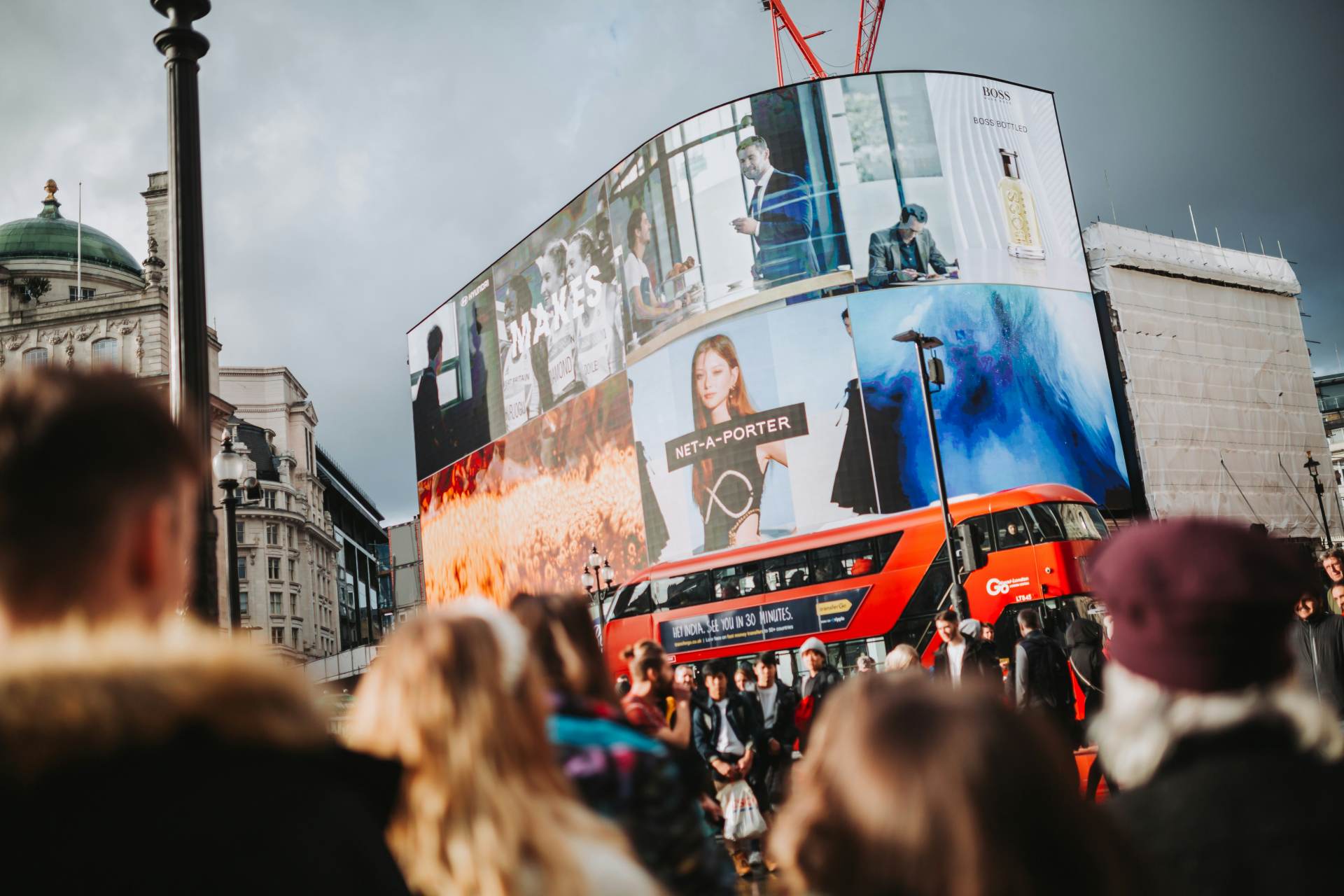Protect Duty Update – How will Martyn’s Law affect Nighttime Venues?
Looking back to 2nd May 2023, Martyn’s Law, also known as Protect Duty, was published and proposes a legal requirement for venues. Nearly a year on, an update has been provided on the progress of the bill, including the criticism it faces and what the adapted bill would look like if it ever passed through Parliament.
Martyn’s Law Update – What is Protect Duty?
Martyn’s Law is a proposed draft bill called the Terrorism Bill – Protection of Premises, which requires that public venues should take measures to protect against the risks of terrorism attacks, including responsibility over adjacent public areas.
The bill has been recently hit with a raft of criticisms and difficulties, not least for it’s potential affect on smaller and independent venues. The bill will affect venues whose public capacity is 100 or more, including pubs, bars, restaurants, nightclubs, music venues, and other venue types. The capacity of a venue would be dictated by its fire risk assessment.
There are however many parts of the bill that require clarification – below we detail what is currently being processed by the Home Affairs Select Committee, as well as what hospitality venues should expect:

What parts of the Protect Duty bill are currently being discussed?
Legislation around licensed premises
Areas specific to hospitality and late night venues need to be assessed. Beer gardens, patios, car parks – these areas are not officially part of the licensed premises but are often used for licensable activities. This may impact the calculation of capacity.
Mandatory Training for Hospitality Workers
“Terrorism training” will need to be provided for all staff members. This should include instructions on what to do if an attack happens upon the venue or nearby, and how to reduce the risk of physical harm. It is not expected that any equipment need be purchased.
Penalties for Hospitality Businesses
There will be a regulator to educate, inspect and enforce. The regulator will be able to issue compliance notices, and therefore penalties.
Proposed fines have ranged from £500 a day, to potentially a percentage of worldwide revenue – this would total staggering amounts of money.
For larger premises, not conforming to new legislation or being prepared for terrorism, a legislator could demand 5% of a nightclubs revenue. This would be on top of a daily penalty of 1% per day. Therefore a £20million nightclub would be fined £200,000.
What Processes and Measures will the Protect Duty bill require Hospitality Venues to put in place? –
Evacuation
A more stringent look on how people exit or escape the building is expected.
Invacuation
Analysis on how many people the building can shelter, and how best to secure the building from potential attackers, and where are the safest areas.
Lockdown
Assessing how quickly and securely the building can be locked down, including doors, shutters, barriers. And how impenetrable the building becomes, across every side of the premises.
Communication
Analysis of how to effectively alert staff and customers.
What other processes might be implemented?
Some suggestions are currently being trialled in universities, which would be included in the enhanced tier of locations required to implement processes for Martyn’s Law.
Emergency action plans
A template will be provided by the Home Office, guiding on how to write an emergency action plan in the event of a terrorist incident.
Trauma Kits
Similar to defibrillators at sports venues, venues near public city spaces will be required to have trauma kits, used to treat life-threatening injuries. Staff would need training on how this would be appropriately used.
Counter-Terrorism Training
In the form of a training module, increasing security awareness, and location-specific actions.
Mass Alert System
A telecommunications system that can quickly alter staff and members of the public in the event of a critical security issue or major incident.
When is Martyn’s Law expected to come into law?
Martyn’s Law is expected to become law in late 2024, however a few teething problems and inquiries need to be addressed first. Late night venues and nightclub owners will be obligated to put in place measures, as will other premises including places of worship, education, healthcare, leisure and gyms, libraries, museums and galleries, and entertainment sites such as theatres and concert venues.
The proposal has cross-party support. The bill will require a long-implementation process, expected to be around 18-24 months.
Stay up to Date with NDML